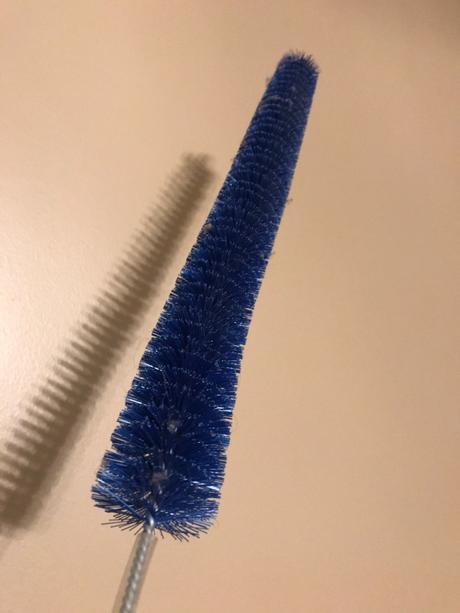The other day, in a fit of post-holiday tiding up, my wife found something that she couldn’t reach to put away. As I took the thing and dutifully began to return it to its high cubbyhole, I realized that it was something we no longer needed. Now, we’re very careful about not just throwing things away—this attitude of disposability has led to far too many landfills and rampant pollution. So what was this thing? It’s a dryer vent brush. After a couple years in our house, and with the awareness that the previous owners clearly ignored things like lint build-up in dryer vents, I purchased this brush to weasel in through the outdoor vent and try to get as much lint out as I could. The old dryer died a couple years later, and we bought a more environmentally friendly heat-pump dryer. Heat pumps require no vents, so the brush, in its high cubby hole, had simply been forgotten until it got in the way of something else.

This is an example of a “sunk cost.” Economists, those purveyors of the dismal science, tell us never to worry about sunk costs since you can’t get your money back. I suppose this is the impetus behind yard sales. We’ve always been careful with money—we have to be—so purchases like this brush are calculated to meet a current need. An investment. Looking around, I see a number of sunk costs—there’s an extraneous office chair just a few feet from me at the moment, made superfluous when Gorgias Press moved offices and gave away office furniture that wouldn’t fit into the new place. That’s the chair I’m sitting in at the moment. The other, cheaper chair, however, is still functional. Something’s telling me a yard sale might not be a bad idea.
But do I want neighbors to see the things we’ve accumulated over the years (and there seem suddenly to have been so many years)? Some of the stuff obviously could have a future life. The dryer vent brush was only used for a couple of cleanings and still has much life left, for an inanimate object. Much of the technology that we’ve sunk money into would serve only as museum pieces, however. And those costs tend to be much higher. We try very hard to reduce, reuse, and recycle. We give books away to little free libraries, if it’s clear they’ll never be opened again in this house. But I can’t help wonder if sunk costs are a plague of capitalism and consumerism. There’s got to be a better way. And while I’m pondering it, I have a funky blue brush to use for scratching my head.
